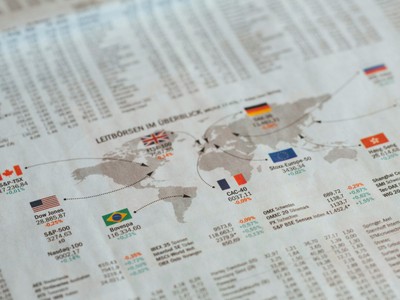The transition agreement has been approved by the House of Commons and the remaining EU states have agreed a further extension of three months, opening the way for a General Election in December. Not that this was a straightforward decision, with the first vote put forward by Prime Minister Johnson rejected by Parliament. Still, nothing in the Brexit process has proved straightforward.
The fact is that the decision to go to the country is something of a gamble for both the main political parties. Anecdotal evidence suggests the electorate is heartily sick of the behaviour of the politicians meant to serve them, so this election could provoke some unexpected results. The worst outcome would be another hung parliament as it seems highly unlikely that the European Union would sanction yet another extension. And there is little evidence that the stalemate will have encouraged a thoroughly polarised nation to have changed their minds on whether to leave or remain, though a new influx of young voters could make a difference.
Markets have largely ignored this added level of uncertainty, while the US actually nudged into new high ground. This may in no small measure be down to the anticipation of a further cut in the Fed Funds rate. In truth, this is in anticipation of a weakening in the global economic picture, which is not necessarily good news. Certainly, data – even in America – is suggesting a tougher climate. But hopes that a deal will soon be cut with China on trade is supporting the optimists view that a global recession can be avoided and positive economic growth will continue.
Over on the other side of the Atlantic, not only has the benchmark S&P 500 Index closed at an all-time high recently, but the technology biased NASDAQ Index also reached a peak. It seems technology stocks remain in demand. I am reminded of the situation twenty years ago when technology shares were soaring as we raced towards the new millennium. Fuelled by the easy availability of credit as central banks loosened the purse, the so-called TMT (Technology, Media and Telecoms) bubble inflated at an alarming rate, only to burst at the end of the first quarter of 2000 as banks reined back the cash they had pumped into the system.
While on the topic of technology anniversaries, it was about fifty years ago that the internet was founded. Originally known as ARPANET, the first message was sent from the University of California, Los Angeles to the Stanford Research Institute around this time of the year in 1969. Then, twenty years later, Sir Tim Berners-Lee invented the World Wide Web. I find it remarkable that within my working life time so much change to the way in which we go about our daily lives could have come to pass.



